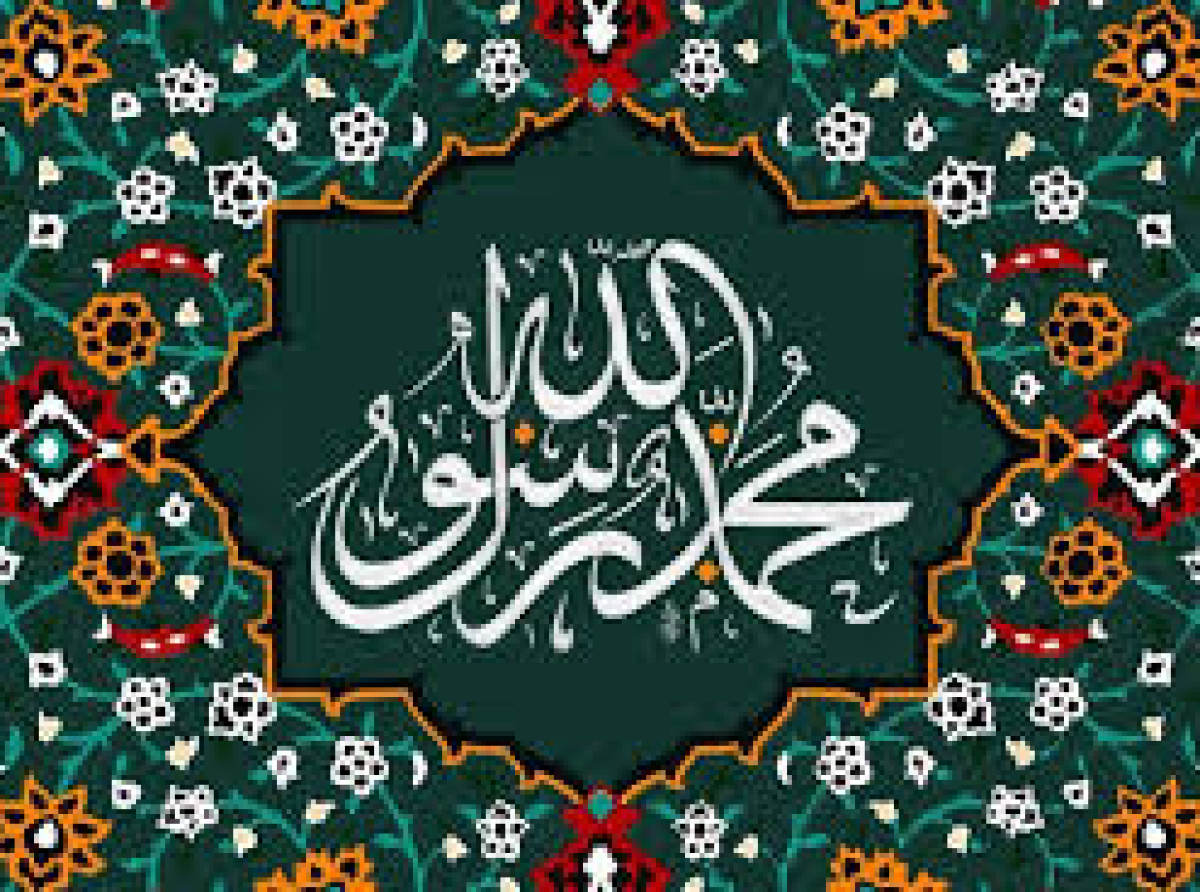Mohammad ibn Abdullah ibn Abdul Muttalib ibn Hashim (Aam al-Fil–11 AH) was the Prophet Mohammad, one of the most determined prophets and the last of the divine prophets. His main miracle is the Quran. Hazrat Mohammad (PBUH) was born in the polytheistic society of the Arabian Peninsula, but he avoided idolatry. He became a prophet at the age of forty, and his most important message was the call to monotheism. He introduced the purpose of his mission as the perfection of moral virtues. The polytheists of Mecca harassed him and his followers for years, but they did not abandon Islam. Hazrat Mohammad spent 13 years in Mecca inviting people to Islam, then he migrated to Medina, and this migration became the beginning of Islamic history.
he honesty and purity of Prophet Mohammad (PBUH) are clearly evident in the mirror of history. According to Aisha: The Prophet's morality is the same as the Quranic morality. What is mentioned in the Quran regarding purity, honesty and morality can be seen in its full mirror in the conduct, speech and morality of the Messenger of Allah (PBUH); but we try to narrate it through the words of others so that it can be better embedded in the minds of our youth.
Prophet Mohammad (PBUH) was unparalleled in fulfilling his commitments. The witness to this statement is the incident of "Halaf al-Fadul"; in his youth, the Prophet (PBUH) made a covenant with several zealots of Mecca to ensure the safety of pilgrims to the House of God and travelers to Mecca. He always remained steadfast in his commitment and after his mission he said: If they ask me for help, I will respond and go.
Covilliam writes: "The Prophet was a man of noble character, humble, pure of heart and cheerful. At the end of his life, that is, on the day before his death, he came to the mosque and said in a loud voice: O people! Have I harmed you? Whoever has been harmed and injured by me can take revenge. When no one answered him, he said again: Do I owe you anything? This time a cry arose that said: I owe you my work, because you borrowed three dirhams from me to meet one of your needs. Mohammad (PBUH) immediately returned the amount to him, saying: Shame in this world is better for a man than shame on the Day of Judgment."
One of the wonders and outstanding spiritual characteristics of the Holy Prophet (PBUH) is his humility. Although he gradually acquired all the factors of greatness and greatness, his humility was the greatest of all. As a eunuch, he worked like a slave, while he was superior to everyone in terms of lineage and lineage. Towards the end of his life, the Holy Prophet had acquired an apparent leadership and sovereignty that was unparalleled. Despite all this dignity and authority, he personally patched his clothes and sewed his shoes, rode a donkey naked, and sat and stood up like slaves. Abu Dharr narrates: “The Prophet (PBUH) usually sat in the middle of the companions, and if a stranger came and had business with him, he did not recognize [him] and inevitably asked: Who is Muhammad? Which of you is Muhammad? Therefore, at our insistence and request, he agreed to build a mud booth for him so that he could sit on it and we could sit
Translator: Faeghe Ebrhimpour

 En
En  Fa
Fa 